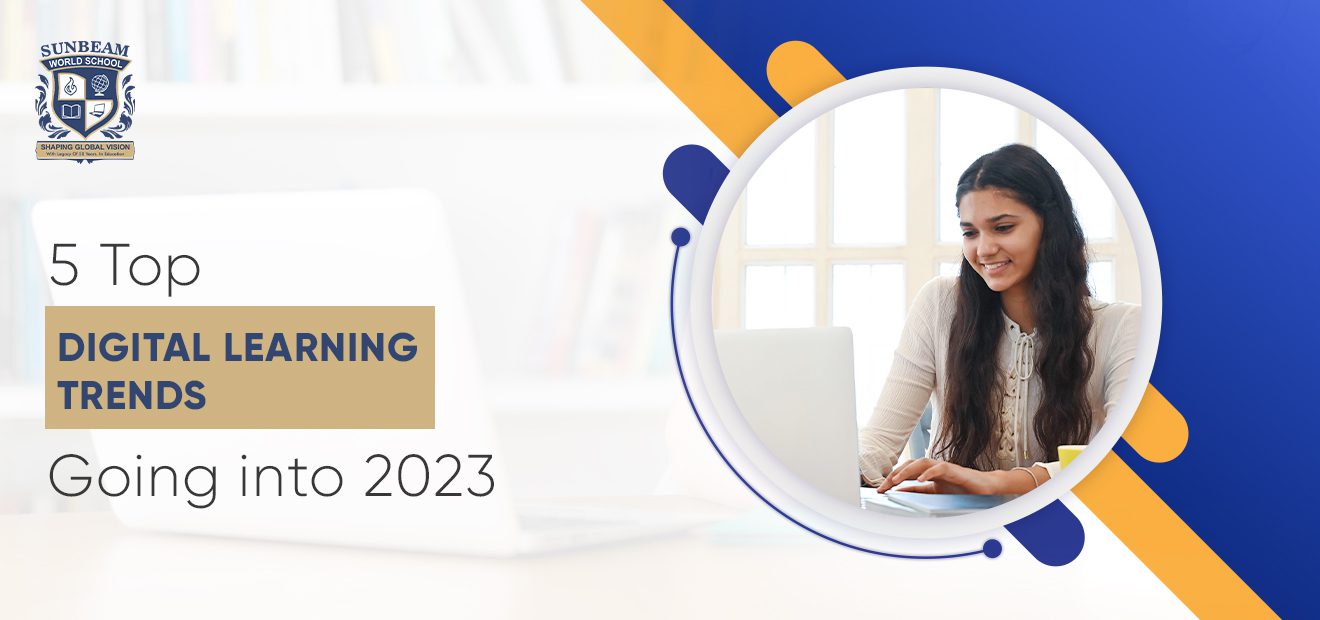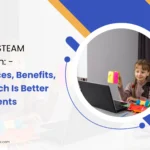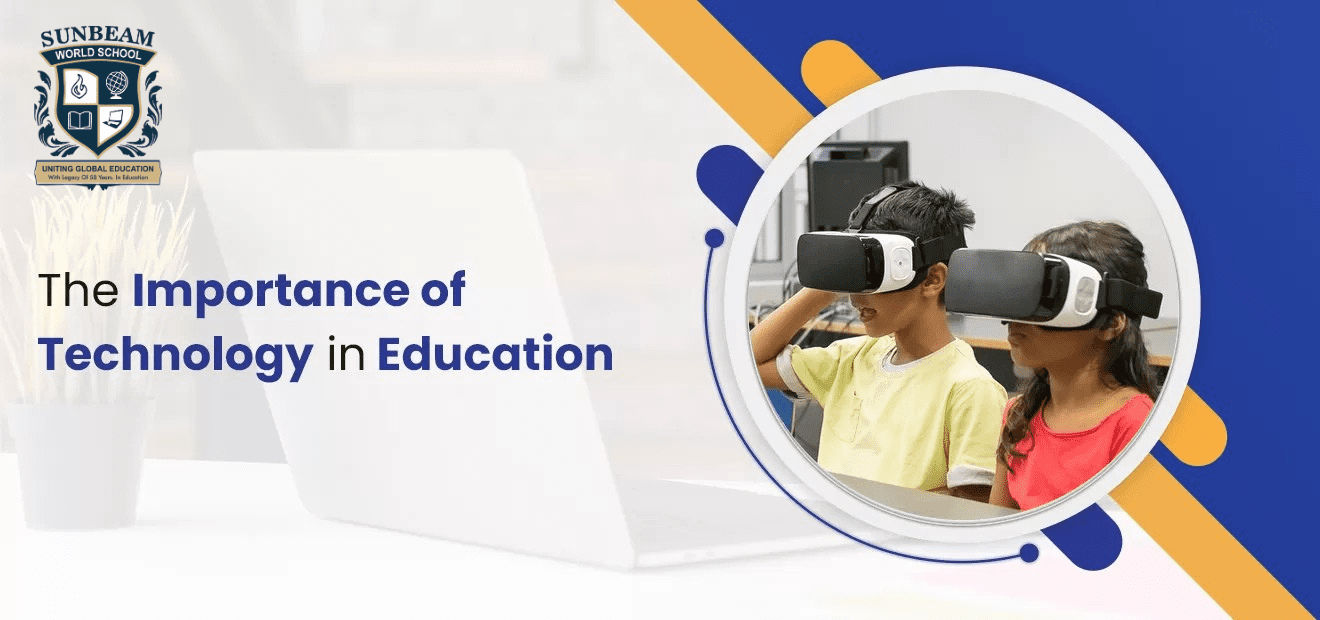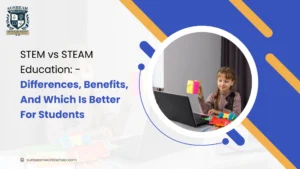
 Digital Learning
Digital Learning
5 Top Digital Learning Trends Going Into 2025
Thedigital schoolingrevolution has impacted almost every element of our life. Over 3.5 billion people have internet access, and over 5 billion have mobile devices, with smartphones accounting for half of them. This degree of connection has changed how everyone interacts with one another, gets the news, and perceives their surroundings.
Therefore, it is not surprising that these trends in digital transformation have significantly impacted the education sector. The digital shift has had an impact on classrooms and how teachers interact with their students, affecting everyone from elementary school teachers to those in higher education. The COVID-19 pandemic forced school closures worldwide and has hastened these changes. Many schools and teachers have embraced technology to assist students in continuing their education.
Read about how digital learning is shaping our world as we know it through innovative methodologies. Learn More.
What is Digital Learning?
Learning supported by technology that provides students with some degree of flexibility over time, place, path, and pace is known as “digital learning.” The school day and academic year are no longer the only times people can learn.
Benefits of Digital Learning for Kids
There are many wonderful advantages for students when using digital schooling and learning services for educational reasons, and the possibilities are virtually endless.
- Personalized Education.
- Breadth of knowledge
- Additional Engaging Lessons
- Encourages accountability
- Understanding Flexibility
- Recorded Material.
- 24/7 Resources.
- Connected Education.
Top Digital Learning Trends
The educational landscape increasingly includes online learning. So let’s look more closely at the top e-learning developments to be on the lookout for in 2025:
Improved Accessibility and Access
The increased accessibility of schools, courses, and even degree programs for students of all ages is one of the most inspirational things associated with the digital transformation of education. Students with disabilities that prevent them from physically going to school or accessing particular types of knowledge will discover that technology can greatly assist in reducing these obstacles. The capacity of all students to access the knowledge provided through schools, for instance, can be improved with the aid of text-to-speech tools and programs that transcribe dictated content. These various forms of technology that enable people to learn and obtain degrees can aid people with visual or oral difficulties and those with reading issues.
Thanks to technology, accessibility, and access also keep getting better geographically. Their local geographic area no longer constrains students. Online learning possibilities, which enable students to access colleges and degree programs that might not be close by, assist students in obtaining the best education possible for their circumstances. More than a third of students said they took at least one class online even before the pandemic began. As more people realize the advantages of increased flexibility for specific courses or even entire programs in higher education, this trend will only continue to expand.
Personalized Learning
Personalized learning solutions have substantially contributed to the digital learning education revolution. Many schools and programs have started to see the value of providing flexible solutions for children based on their unique strengths and weaknesses rather than attempting to put everyone into the same box.
Personalized e-learning strategies provide students and educational institutions with several advantages. Personalization helps students to advance in their education by enabling them to learn in a way that best suits their unique learning styles. It helps students absorb and remember important knowledge. Students are motivated to complete their degrees and become eligible for the training and employment options that best suit them but may have seemed out of reach. This level of involvement with the subject aids in keeping students on track with their curriculum. It will promote schools’ reputations and improve their capacity to prepare students for the next phase of their education or career training. Schools’ retention rates will rise if they can successfully address their students’ needs and keep them engaged in their studies.
Interactive Game-Based Learning
Another trend in 2025 is gamified learning environments. It already serves as a solid strategy for boosting student involvement. It is becoming more and more like as a result of several benefits. Game-like components in a fun learning environment meet students’ learning needs. Additionally, it adds the necessary element of amusement to keep students’ attention. This method may make even the most difficult and uninteresting subjects interesting. And thanks to methods like grades, prizes, presents, etc., students never stop returning in search of more. There is no doubt that gamification increases students’ motivation to learn. And it is a fantastic strategy for enhancing content acquisition in general.
Using Technology in the Admission Process
Trends in e-learning are replacing traditional assessment patterns. The effectiveness of the teaching and learning processes is sure to increase when there are opportunities for immediate feedback. More sophisticated systems with lesson-specific examinations, riddles, quizzes, open-ended questions, etc., will be used to assess students’ learning in 2025. The teaching and digital learning process will improve in quality due to this shift. We will be able to follow the student’s development more effectively with the help of these automated and reliable assessment systems. Technology makes it possible to find even the smallest learning gaps.
Additionally, the educators’ human touch makes it easier to track students’ progress. Many schools in India have already established reliable assessment patterns through automated procedures. In addition to the teacher’s remarks, an in-depth performance report is created using these.
Nano Learning
Nano Learning is a contemporary technique that increases memory retention by breaking the content into tiny chunks. It is quite helpful when people struggle with a limited attention span in the digital era (around eight seconds). The material is filtered by nano Learning, greatly condensing the content. Building a student’s conceptual knowledge is a very effective strategy. It also makes difficult knowledge simpler for kids. This method works best in avirtual school learning setting. And the best-approved online colleges use these techniques to keep students interested in their coursework.
This strategy helps students understand concepts better and fills academic gaps or learning losses (such as those created during the pandemic). Mainly because it aids in kids’ understanding, it also lessens the burden of reading through lengthy themes and intricate informational elements. For Indian students, this strategy is very advantageous after the pandemic. Since the last two years, most students have had trouble remembering and retaining topics they studied before the pandemic.
Conclusion
The transition to a digital, modern world has significantly impacted the internal workings of education. Schools at all levels are starting to understand how this technology may provide them with many advantages and innovative teaching methods. E-Learning trends will continue to dominate well after 2025. So pick the best platform and benefit from the change in digital learning.
In this article
- How to Handle Failure in Exams – 10 Practical Strategies for Students
- STEM vs STEAM Education – Differences, Benefits, and Which Is Better for Students
- The Importance of Technology in Education
- A School Without Walls For An Unbounded World
- Sunbeam World School To Reclaim Its Students Well Being
- Setting Competitive Spirit High with Sunbeam World School











